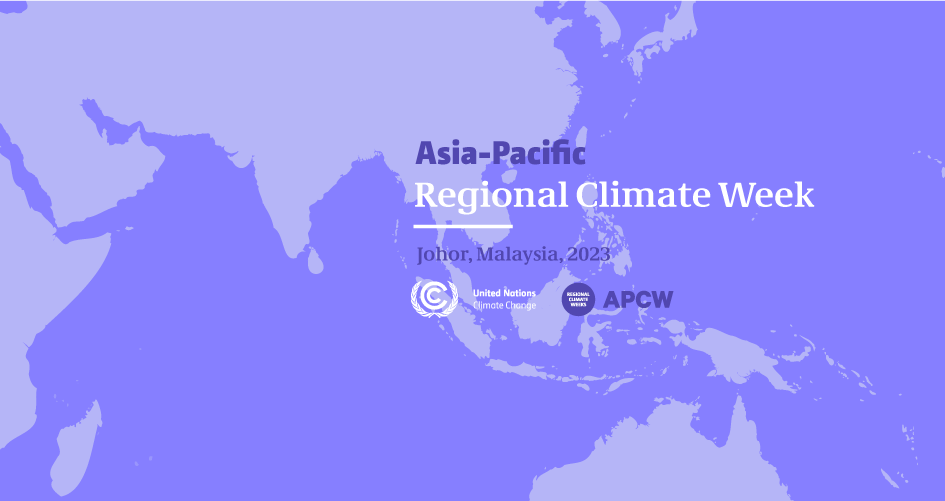EVENT RECAP: Implementation Pathways for Low Carbon Transport: Policy Frameworks and Financing Mechanisms
About the session
The session, ‘Implementation Pathways for Low Carbon Transport: Policy Frameworks and Financing Mechanisms’, at the Asia-Pacific Climate Week 2023, was co-organized by WRI India as part of the NDC-Transport Initiative for Asia (NDC-TIA), along with United Nations ESCAP, UN Environment Programme (UNEP), UN Climate Change, Institute for Global Environmental Strategies (IGES) Regional Collaboration Centre Asia and Pacific, and Deutsche Gesellschaft für Internationale Zusammenarbeit (GIZ) GmbH.
Moderated by Ms. Aparna Vijaykumar (Senior Program Manager, Electric Mobility, WRI India), the session saw participation from eminent panelists, including Ms. Wei-Shiuen Ng (Economic Affairs Officer, UN ESCAP), Ms. Angel Cortez (Project Officer - Analysis, SLOCAT Partnership), Mr. Vladimir Kalinski (Project Manager, CAP-IT, UNDP), Mr. Sudhir Sharma (Task Manager, GEF Asia-Pacific, UNEP), Mr. Kenichi Kitamura (Program Officer, UNFCCC) and Mr. Narayan Sreekumar (Associate Director, Electric Mobility, Shakti Sustainable Energy Foundation).
This session created a shared space for learning by bringing together country representatives, financing institutions, and international development partners to showcase best practices for low-carbon pathways from the countries of the Asia-Pacific region. It explored the policy and regulatory frameworks and financing instruments that can support the development of low-carbon transport pathways.
The transportation sector, responsible for about 25 percent of greenhouse gas emissions globally, has outpaced other sectors in growth over the last 50 years. Without intervention, it will comprise 60 percent of emissions by 2050. The Asia-Pacific region is also expected to experience the swiftest rise in transport sector emissions worldwide in the upcoming decades.
Highlights from the session
Regional collaboration and commitments: To create an ecosystem for decarbonizing transport commitments and for transport adaptation, greater regional collaboration and engagement are crucial.
Enhancing capacities: To help countries access international funds and comply with procurement frameworks, it’s crucial to build capacity and awareness. The Regional Cooperation Mechanism, for example, works towards this.
Elevating public transport initiatives: Establishing a secure payment mechanism and uniting public and private investments are crucial for advancing public transport (PT) electrification and de-risking e-bus procurement. Dedicated initiatives must integrate PT with renewable power sources, paving the way for a sustainable future.
Strategic financing: For transport decarbonization, countries must identify the interplay between funds and technical assistance by mapping financing resources and leveraging technical assistance and pilots.
The event also assessed the progress on transport decarbonization targets and identified the challenges and opportunities for impactful action. The key outcomes of this discussion informed the Global Stocktake (GST) and other transport policy dialogues at COP28.
Author: GIZ India


